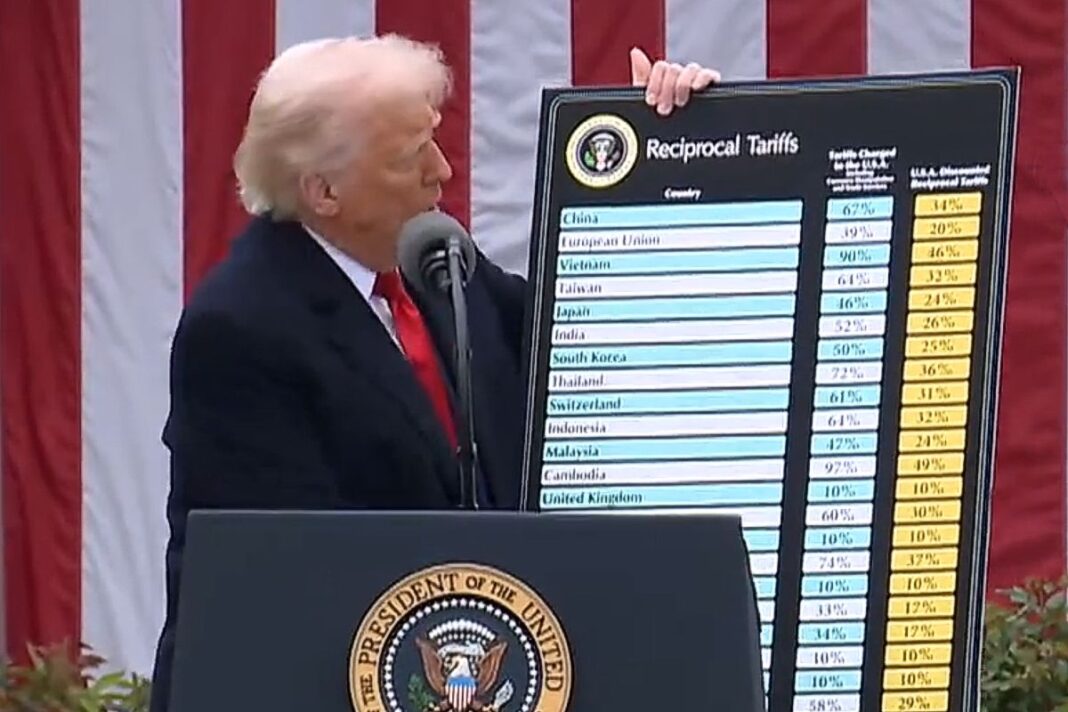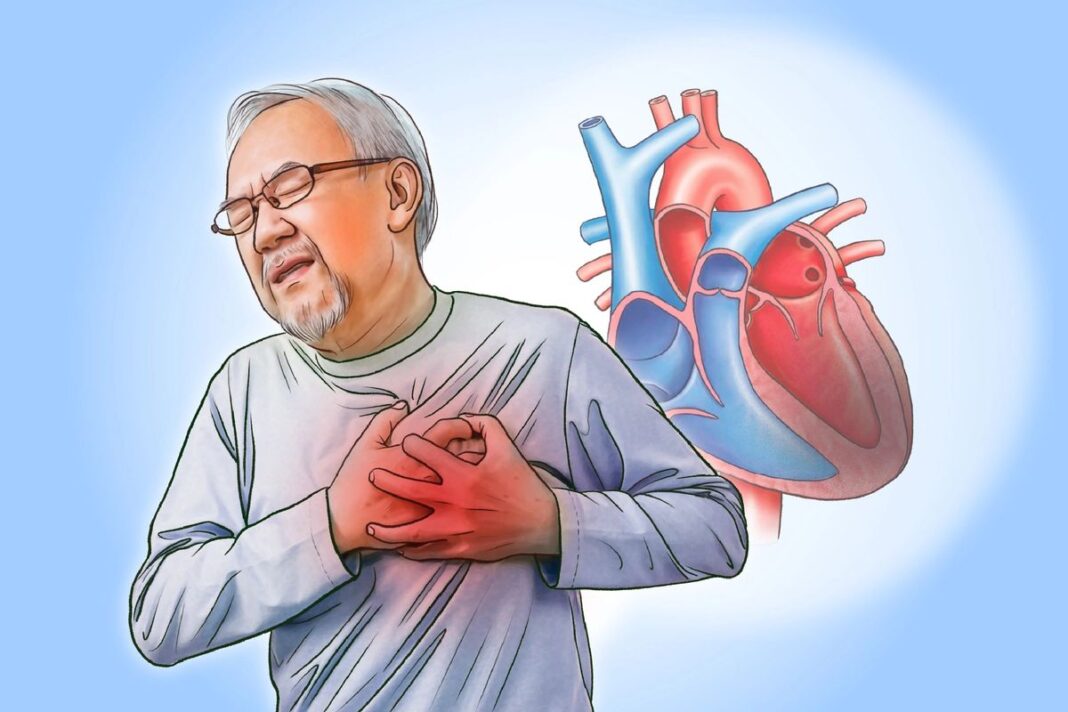Why America Must Rethink Dependency Before the Damage Becomes Permanent
In our national parks, bold red signs stand like sentinels: Do Not Feed the Bears. The message is not about punishment. It is about survival. Rangers know that if bears begin receiving food from humans, their instincts erode. They stop hunting. They stop foraging. They lose the ability to sustain themselves. Soon the bear sees people as its source of survival, becoming their main source of food, and when a hiker shows up empty handed, the bear’s hunger becomes aggression. The animal that once thrived in the wild becomes something weakened, dependent, and extremely dangerous.
The shutdown of the United States government has revealed that the same pattern has taken root in our society. SNAP benefits were delayed or reduced, and almost instantly, social media filled with videos of people declaring that if they did not receive their free money they would steal, riot, or commit violence. These reactions were not simply expressions of need. They were expressions of dependency. The same dependency a bear develops when it forgets how to survive without someone else providing the meal.
Social programs were originally built to offer a hand up. They were meant to stabilize families in moments of hardship, to provide the temporary support needed to regain footing. Yet over time, these programs cemented into something far different. A hand up became a hand out, and in many communities the transition from crisis support to permanent lifestyle happened quietly, gradually, and generationally.
When children grow up watching hardworking parents budget, struggle, save, and rebuild, they inherit those values. When children grow up in homes where no adult works and every necessity arrives automatically from distant agencies, they inherit those values too. The message becomes clear: survival requires no effort. Someone else will always provide. A bear fed long enough begins to approach the campsite not with gratitude, but expectation.
The irony is that we understand this dynamic so clearly in nature. We warn hikers that feeding bears will destroy the bears. Yet we seem unwilling to apply the same reasoning to our own species. We do not fear harming people with dependency, but we should. Because humans, just like bears, lose survival instincts when the meal is guaranteed. They lose their willpower, their drive.
None of this means social programs are unnecessary. On the contrary, they are vital. A nation without a safety net becomes a harsh place where tragedy can destroy a family overnight. But what we need today is not bigger programs. We need better programs. Programs that support dignity, build independence, and prepare people to hunt again.
Right now, our systems are wide open for misuse. Benefits can become comfortable, predictable, and quietly corrosive. When assistance never expires, a person loses the urgency to grow. When expectations disappear, motivation evaporates. This is not compassion. It is captivity disguised as care.
The shutdown made this perfectly clear.
Food banks nationwide saw massive surges within days. States warned that families could face shortages almost immediately. The USDA admitted it only had enough emergency funding to cover part of a normal month. SNAP serves more than forty million Americans and costs the nation roughly eight billion dollars each month. In moments of crisis, that system is supposed to expand to protect people. But when disruption exposes desperation, it forces a difficult truth into the open: millions have been conditioned to survive only when the government feeds them.
A society should never be built that way.
Real reform must begin with restoring transition. These programs must operate as temporary supports, not permanent platforms. Requirements such as volunteering, minimum work hours, or participation in job training are not punishments. They are pathways that restore dignity and keep instincts alive. Time limits create urgency and reinforce the idea that people are expected to move forward, not settle in. A safety net should catch you so you can stand again. It should not become a hammock that keeps you from ever rising.
Some will argue that reforms are heartless. That imposing responsibility is cruelty. But the truth is the opposite. It is cruelty to let a person drift into permanent dependency. It is cruelty to teach a child that effort is optional. It is cruelty to allow a family to believe that the foundation of life is a monthly deposit from a system that can vanish in a second or in a shutdown.
A parasite is a life form that survives only by feeding off another. When a system unintentionally encourages that relationship, it strips people not only of their potential, but of their dignity. The word parasite is not being used as an insult. It is a biological fact. And no human being thrives when reduced to that role. People need the belief that they are capable. They need the expectation of progress or they often times will stagnate.
They need the chance to rediscover the instincts that make them strong.
We must empower families with the desire to build, contribute, and grow. Not just the desire to raise more children, but the desire to raise more fathers. Not just more households, but more homes. Not just more dependence, but more direction. More self-reliance.
The shutdown did not create these issues. It revealed them. It showed us that nurturing dependency is not compassion. That weakening instincts is not kindness. And that feeding a society without preparing it to stand guarantees collapse the moment the food supply falters. We have allowed a portion of our society to slip into a cycle of dependency that the system itself has made nearly impossible to escape.
Feeding the bears destroys the bears. Feeding people without expectations destroys their drive. If America continues on this path, the next shutdown will not just expose financial strain. It will expose a nation that has forgotten how to hunt.
A hungry bear that has grown dependent of humans is not dangerous because it is evil. It is dangerous because it no longer remembers how to survive without someone else’s help. We owe our fellow citizens more than that. We owe them a path that strengthens their instincts and restores their dignity.
Because a nation of hungry bears does not thrive. It waits. It waits for the next hand out. And that kind of waiting is not living.








